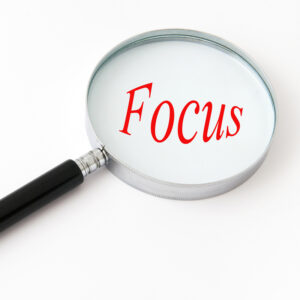Sleep is critical for health. You need good, quality sleep for restoration and healing, for optimal cognitive function (memory, problem-solving ability, mental clarity, learning and retaining what you learned), for mood regulation, for physical performance, weight management, cardiovascular health, immune system support, reduction of inflammation, and in general, for a long, healthy life.
Not enough sleep, especially, severe sleep deprivation, can result in increased risk of accidents (particularly motor vehicle and operating machinery), a weakened immune system, obesity, cognitive decline, decreased ability to problem solve, impaired metabolism, mood disturbances, decreased libido, and of course, fatigue.
Here are some keys to improving sleep:
Balance your hormones. The pineal, pituitary, thyroid, adrenals, parathyroid, pancreas, and hypothalamus are all glands that have an impact on sleep, most of which by producing the appropriate hormones. To support hormonal health, you must have a balance of minerals (not isolated minerals, but in their naturally-occurring balanced food form), quality proteins, and good essential fatty acids. You can’t make something out of nothing. If these nutrients are deficient, the body can’t make the hormones these glands require, the body’s messenger system to support sleep doesn’t function properly, and the other detrimental effects of sleep deprivation take a foot-hold.
Some consumables interfere with sleep such as alcohol, caffeine, bad fats, sugar and processed foods.
The pituitary and pineal glands are key. The pituitary produces hormones such as growth hormone and adrenocorticotrophic hormone which are necessary for repair during sleep and the sleep rhythm. The one most often neglected is the pineal gland. The pineal gland makes melatonin, a hormone critical for sleep. If your melatonin levels are low, please don’t take melatonin from a bottle! Get your pineal to work by paying attention to the dietary factors listed above and controlling lighting. Dim lights in your house as bedtime approaches. Stop all media with lights – cell phones, tablets, TV, computers, etc. at least 2-3 hours before bed. Turn off the lights in your bedroom, identify sources of lights such as LED’s on chargers, TV’s, power cords, and lights coming in through the window and darken them as much as you can.
Taking minerals with fish oils at bedtime can be valuable in not only supplying some of the vital nutrients, but also by allowing the autonomic nervous system to switch from the sympathetic nervous system mode (active mode) to the parasympathetic nervous system mode (sleep mode).
Acupuncture is also helpful in regulating the autonomic nervous system. Acupuncture is calming, activates several neurotransmitters key for sleep such as serotonin and dopamine, it helps regulate the endorphins that control pain and moods, reduces inflammation, regulates hormones, reduces anxiety and stress, and improves the quality and quantity of the deep, slow wave sleep that is considered restorative and critical to overall health and well-being.
Want to hear more from Dr. Carling? Check out our podcast. Search for VitalHealth4You on your favorite podcast listening app or go to vitalhealthcda.com/podcasts/
©2024 Holly A. Carling, O.M.D., L.Ac., Ph.D.







